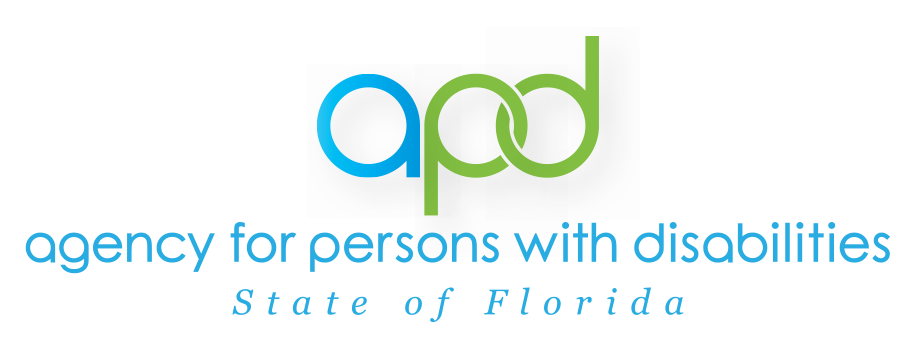Life Skills Development
Life Skills Development - Level 1 (Companion)
Companion services consist of non-medical care, supervision, and socialization activities provided to recipients age 21 years or older. This service must be provided in direct relation to the achievement of the recipient’s goals as specified in the recipient’s support plan. The service provides access to community-based activities that cannot be provided by natural or other unpaid supports, and should be defined as activities most likely to result in increased ability to access community resources without paid support. These services can be scheduled on a regular, long-term basis.
Providers and employees of provider agencies must:
- Be 18 years or older
- Possess a high school diploma or GED
- Possess at least one year of verifiable experience working directly with individuals receiving services in a medical, psychiatric, nursing, or childcare setting or working with recipients who have a developmental disability
- In lieu of the required working experience, applicants may have 30 semester hours, 45 quarter-hours, or 720 classroom hours of college or vocational school
Life Skills Development - Level 2 (Supported Employment)
Supported employment services provide training and assistance to help support recipients in job development and sustaining paid employment at or above minimum wage unless the recipient is operating a small business. This service can be performed on a full or part-time basis and at a level of benefits paid by the employer for the same or similar work performed by trained non-disabled recipients. The provider assists with the acquisition, retention, or improvement of skills related to accessing and maintaining such employment, or developing and operating a small business. With the assistance of the provider, the recipient receives help in securing employment according to the recipient’s knowledge, skills, abilities, supports needed, desired goals, and planned outcomes. This service is conducted in a variety of settings, including work sites in which individuals without disabilities are employed. This service should include assisting a recipient to learn job tasks needed to be employed, and the recipient should be included in all aspects of job development, interviewing, and job seeking activities.
Providers must:
- Be 18 years or older
- Have a high school diploma or GED
And must meet one or more of the following requirements:
- Have a bachelor's degree from an accredited college or university with a major in education, rehabilitative science, business or a related degree
- Have an associate’s degree or two years of college from an accredited college or university and have two years of documented direct experience with recipients with developmental disabilities
- Have one year of college from an accredited college or university and three years of documented direct experience in working with recipients with developmental disabilities
- Have four years of direct professional experience in working with recipients with developmental disabilities may substitute for college on a year for year basis
Life Skills Development - Level 3 (Adult Day Training (ADT))
Life Skills Development Level 3 – Adult Day Training (ADT) are training services intended to support the participation of recipients in valued routines of the community that are age and culturally appropriate. ADT services include the provision of activities in a non-residential setting which provides training and assistance with acquisition, retention, or improvement in self-help, socialization, and adaptive skills. ADT services may include recreational and other activities to enhance social development and development of skills in performing activities of daily living and community living. The training, activities, and routine established by the ADT provider must be meaningful to the recipient and provide an appropriate level of variation and interest. Activities and environments are designed to foster the acquisition of skills, building positive social behavior and interpersonal competence, greater independence and personal choice. Volunteer activities not related to employment training may be included as part of this service.
Providers must:
- The program director must possess at a minimum an associate’s degree from an accredited college or university and two years, verifiable experience working directly with individuals receiving services or related experience
- Supervisors of direct care staff will have a high school diploma or GED and one year of direct, care-related experience
- Related experience will substitute on a year-for-year basis for the required college education
Direct Care Staff Must:
- Be 18 years or older at the time they are hired
Life Skills Development - Level 4 (Prevocational Services)
Prevocational Services provide learning and work experiences, including volunteer work, where the recipient can develop general, non-job-task-specific strengths and skills that contribute to employability in paid employment in integrated community settings. Services are time limited, up to 36 total months, and with specific outcomes to be achieved, as determined through the ongoing person-centered planning process. Recipients receiving Prevocational services must have employment-related goals in their person-centered support plan and the prevocational services must be designed to support the employment goals.
Prevocational Services should enable recipients to attain the highest level of work in the most integrated setting and with the job matched to the individual’s interests, strengths, priorities, abilities, and capabilities, while following applicable federal wage guidelines. Services are intended to develop and teach general skills that lead to competitive and integrated employment including, but not limited to: ability to communicate effectively with supervisors, co-workers and customers; generally accepted community workplace conduct and dress; follow directions; attend to tasks; employ workplace problem solving skills and strategies; general workplace safety and mobility training.
Providers must:
- Be 18 years or older
- The program director must possess at a minimum an associate’s degree from an accredited college or university and two years, verifiable experience working directly with individuals receiving services or related experience
- Supervisors of direct care staff will have a high school diploma or GED and one year of direct, care-related experience
- Related experience will substitute on a year-for-year basis for the required college education
Direct Care Staff Must:
- Be 18 years or older at the time they are hired
Select the button below for application information
